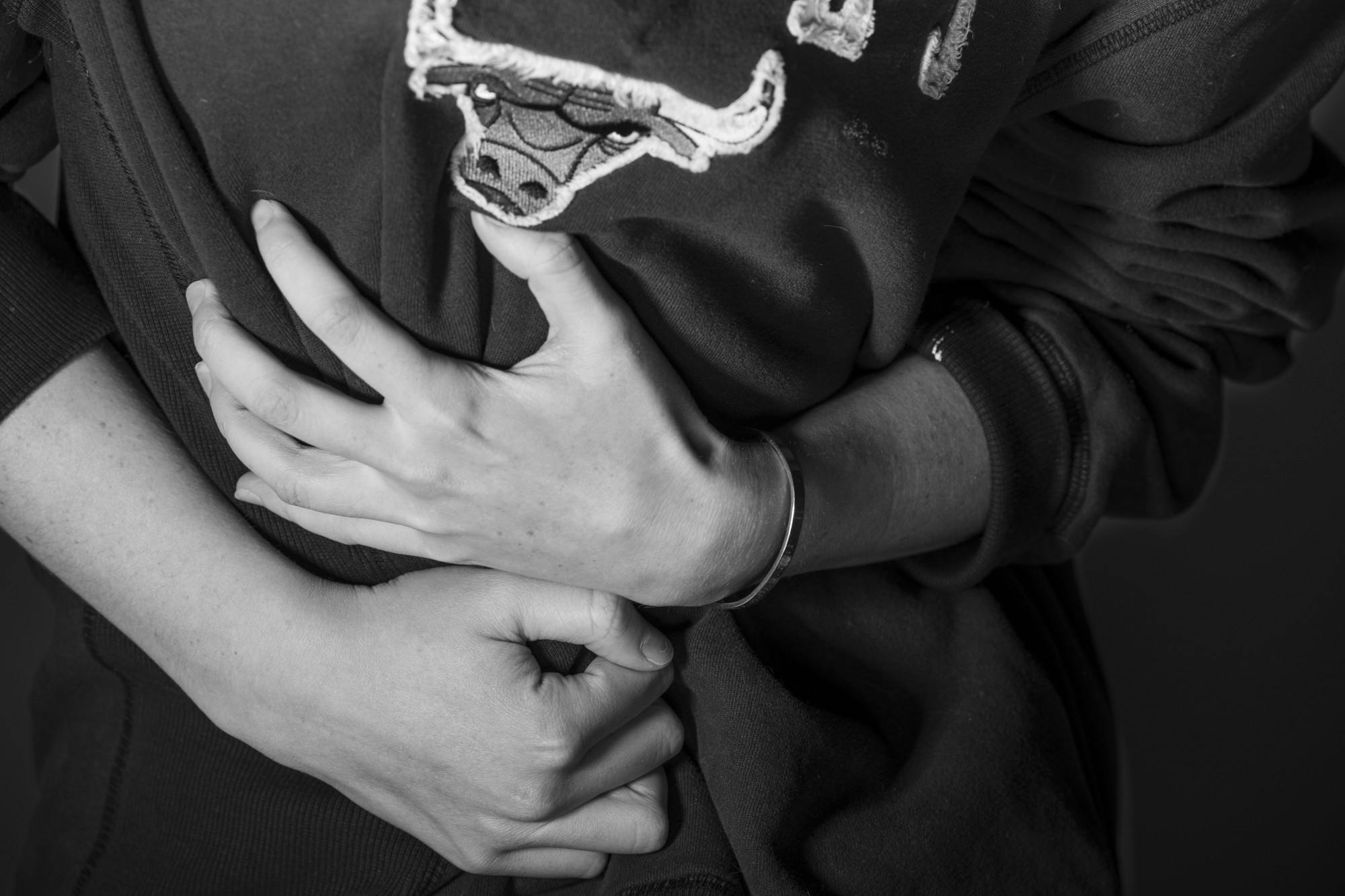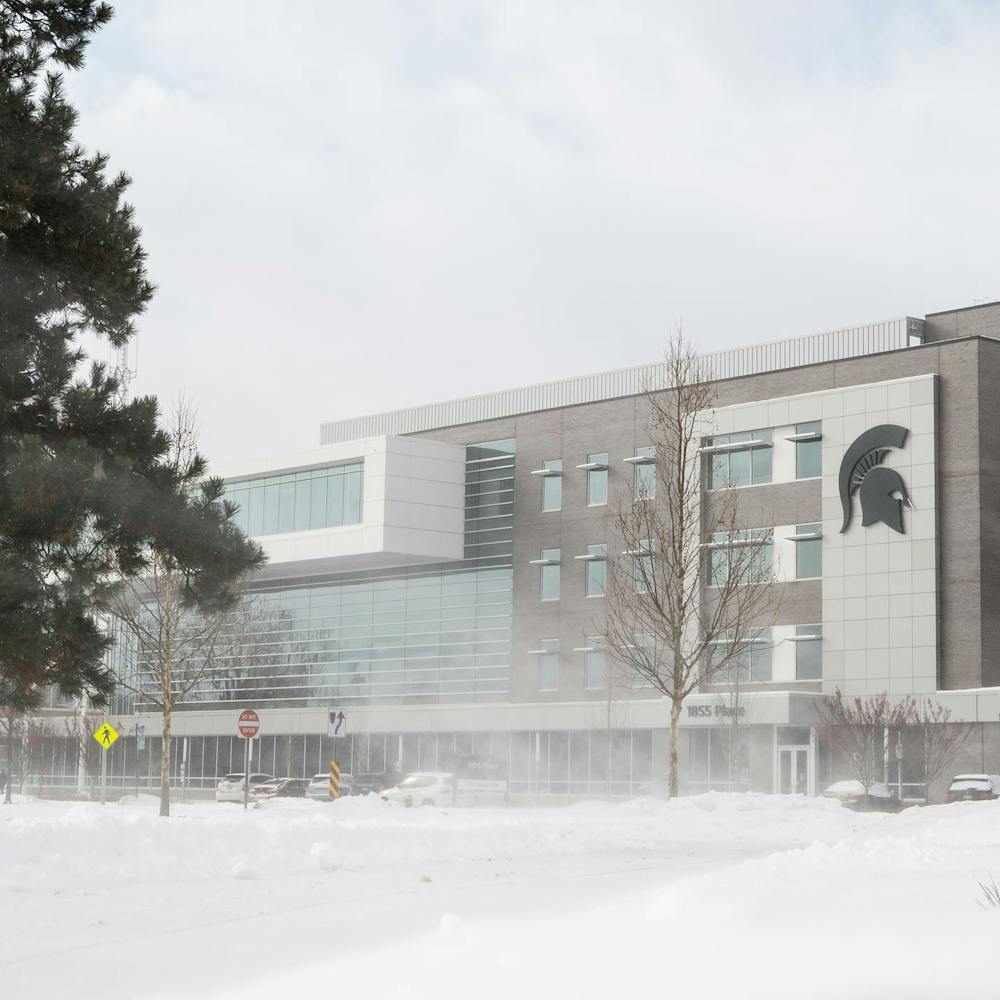Nina Cuthrell, a student at Hope College who grew up in the greater Lansing area, started experiencing constant back and joint pain one week after her eleventh birthday.
After a month and a half of pain, Cuthrell went to her doctor to see if anything was wrong, but the doctor said she didn't have any issues.
Her back and joint pain increased, her menstrual cycle worsened and she was experiencing nausea. She went to a dozen doctors, all of whom told her she was fine and had nothing to worry about. She did blood tests, MRIs, CT scans and ultrasounds. They all came back normal.
But Cuthrell didn’t feel normal — she was scared, anxious and angry that the professionals she sought out for help were seemingly disregarding her concerns.
“It took a bigger toll on my mental health than it did anything (else)," Cuthrell said. “I knew that I was in pain and I knew something was wrong, but nobody seemed to believe me.”
Cuthrell was suffering from endometriosis, but she didn't realize it until she heard a family friend talking about the disorder and realized her symptoms aligned. Cuthrell told her pediatrician about her concern, who then recommended her to a gynecologist who finally diagnosed her.
Endometriosis affects 10% of women in the world and there is no known cure, according to the World Health Organization. The inflammatory disease, in which endometrial tissue in one's body grows in areas outside of the uterus, can lead to a long list of symptoms, including infertility, painful sexual intercourse and painful menstrual bleeding.
Cuthrell's symptoms did not immediately improve following her diagnosis. She began taking different prescriptions and birth control, which she said caused her depression, anxiety, strenuous cramps and weight gain. Throughout all of this, she said, the pain never went away.
This year, Cuthrell finally had her very first excision surgery with a doctor she found through Nancy’s Nook, a learning library that shares information and news about endometriosis. According to Cuthrell, the surgery should allow her to be pain-free for years, if not forever.
Even after Cuthrell’s surgery, she is not done advocating for the women that still go through and deal with endometriosis. Cuthrell considers having a voice the most important tool and mechanism that people can use to bring awareness to the same disease that doctors did not believe she had.
Throughout these years of pain, Cuthrell began advocating for endometriosis awareness. She created a blog named 'StopOvaryActing' which chronicled her struggles with chronic pain, attempting to mask her illness and fatigue daily and frustration with feeling misunderstood by doctors.
"This diagnosis has been the biggest roadblock in my life, but it has also been the biggest blessing," Cuthrell wrote in a post. "It put me on the path to becoming an adolescent gynecologist so girls no longer have to go through what I had to."
Brooke Meinema, director of women’s health at i’move, treats women experiencing endometriosis and pelvic pain. She also advocates for the awareness of the disorder.
According to Meinema, women tend to get put on the back burner in the medical world when it comes to their needs and the problems that are affecting their lives.
Meinema's therapy sessions include internal pelvic floor work, which reduces the spasms women can have and finds trigger points and scar tissues to desensitize the vaginal canal and the surrounding tissue. Meinema also runs through breathing coordination activities to stop panic states.
Meinema finds her work rewarding and appreciates that she can act as women’s outlet and advocate for the disease, ultimately helping them through their process with the effects of endometriosis. Meinema usually has one absolute goal for each patient that she works with: to give them hope.
“Sometimes they don’t have the most hope for themselves going forward,” Meinema said. “There’s kind of a barrier to getting them to appreciate that there’s a way forward.”
A recent global study by the International Endometriosis Genomics Consortium, or IEGC, shows a possible genetic link between endometriosis and conditions such as migraine and back pain. MSU professor of reproductive biology Stacey Missmer is leading IEGC through the second phase of the study.
Missmer said that those who are experiencing pelvic pain are far from alone and deserve to have their pain taken seriously.
“If you have a uterus, then your first step is your own advocacy,” Cuthrell said. “If you don’t have a uterus, you need to listen to the people in your life who are telling you they’re in pain.”
Support student media!
Please consider donating to The State News and help fund the future of journalism.
Discussion
Share and discuss “What Endometriosis Awareness Month means to those struggling, advocating” on social media.







